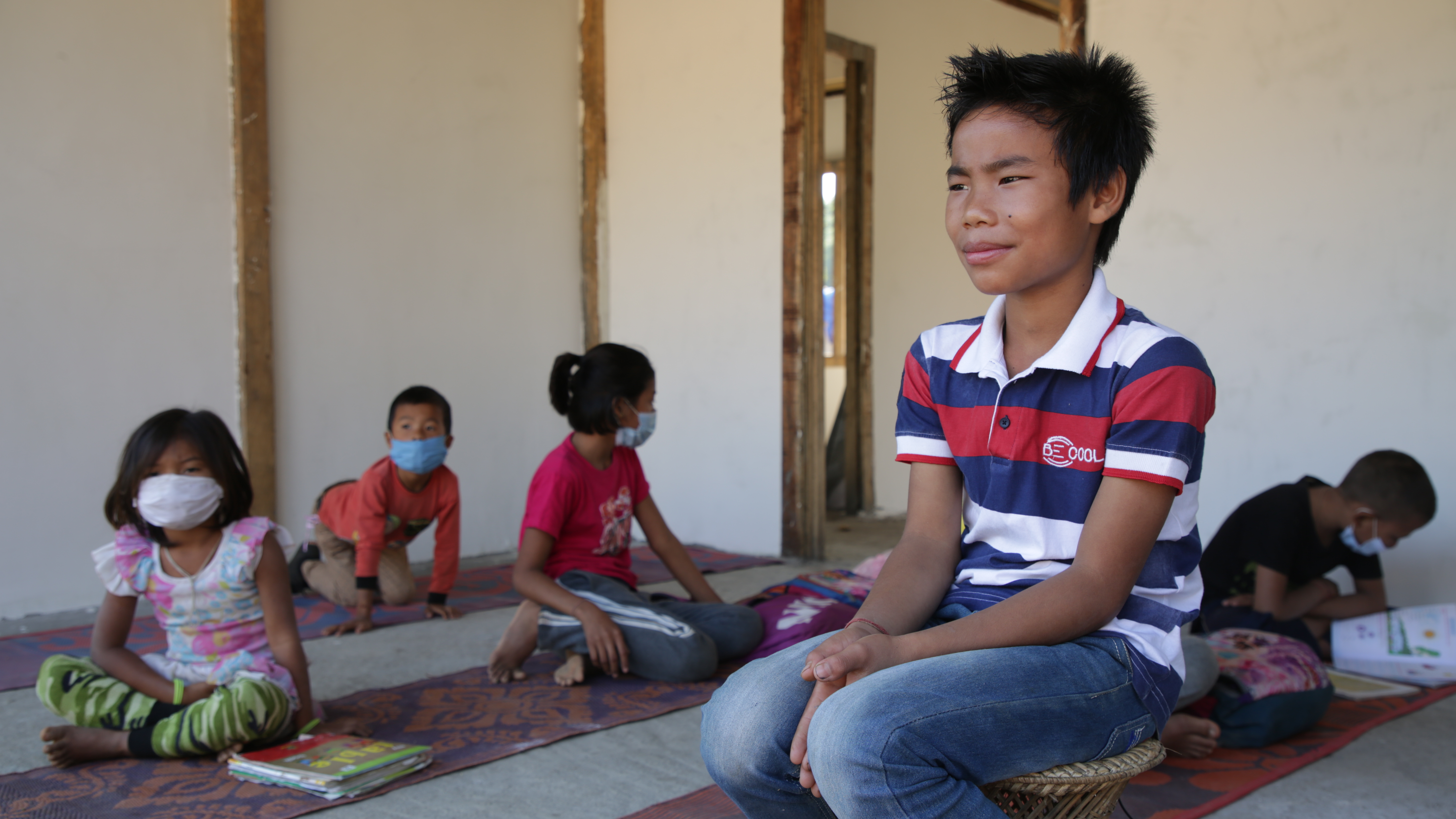


Shishu Sarothi with support from Wipro Foundation is implementing a project to facilitate improved learning outcomes in foundational literacy and numeracy in inclusive classrooms at 30 Govt-run Samagra Shiksha Abhiyan (SSA) elementary schools in 2 blocks of remote isolated districts of Karbi Anglong and West Karbi Anglong of Assam in NE India. The aim is to highlight the importance of Inclusive Education by deploying Universal Design of Learning strategies within the system, so that all children can play, learn and grown together in the same classroom and teachers are equipped to teach diverse learners. Inclusive Community Engagement is one of the tools/ strategies used by us to mobilize the community for better governance of the local schools, with a view to evoke a sense of ownership, collaboration, and collective responsibility among stakeholders in the community - teachers, students, parents of children with and without disabilities, school management and village education committees (SMCs & VECs)), Matri Gots (mothers’ groups), and the broader community. Some interesting experiences, illustrate the positive impact of inclusive community engagement in government schools: Farm Talks - local farmers from the community spoke to school students about farming, cultivation and harvesting techniques. This not only encouraged village elders to share indigenous and traditional knowledge and skills with the school children but helped the students to learn about local occupations of their own people and instilled pride and a sense of dignity around the agricultural heritage of the community, sustainable practices and impact of climate change, as well as food security and nutrition. These talks built strong ties between schools and community members. Community Study Circle: A Community school was activated by our intervention with community leaders during the pandemic, to minimise learning loss due to school closure during the lockdown. This has now been proactively converted into a study circle with a view to facilitate sharing of knowledge among students, peer learning, and helping students with and without disabilities, from low income backgrounds to improve learning outcomes. When this program was initiated in 2019, it reached 1634 students, including 11 children with disabilities and 91 community members. 4 years later it reached out to 2180 students including 37 children with disabilities and 2950 community members including parents of children with and without disabilities, teachers, community and health workers. In 2 local schools, Ram Inghi L.P School and No.1 Phonglangso L.P School of Lumbajong block, community contributed resources, materials and manual labour to build boundary walls for the safety of the students and additional classrooms needed for the large number of children enrolled there. These experiences highlight the power of inclusive community engagement, demonstrating how collaborative efforts and active involvement can lead to tangible improvements in education, student outcomes, and overall well-being of communities.